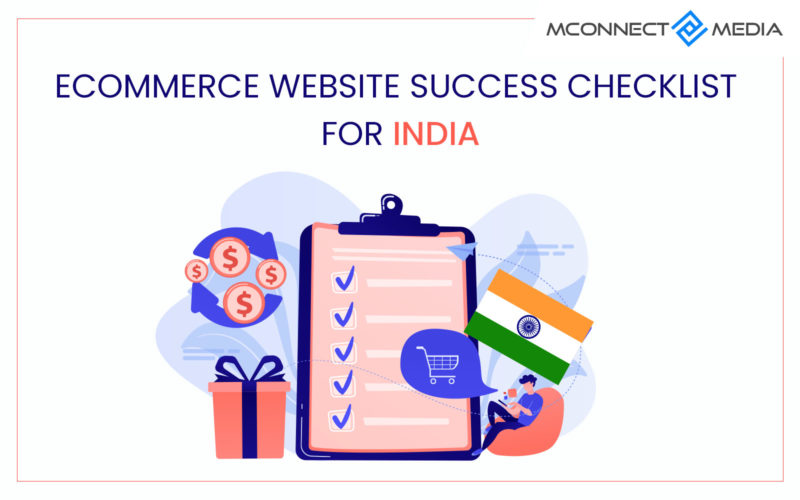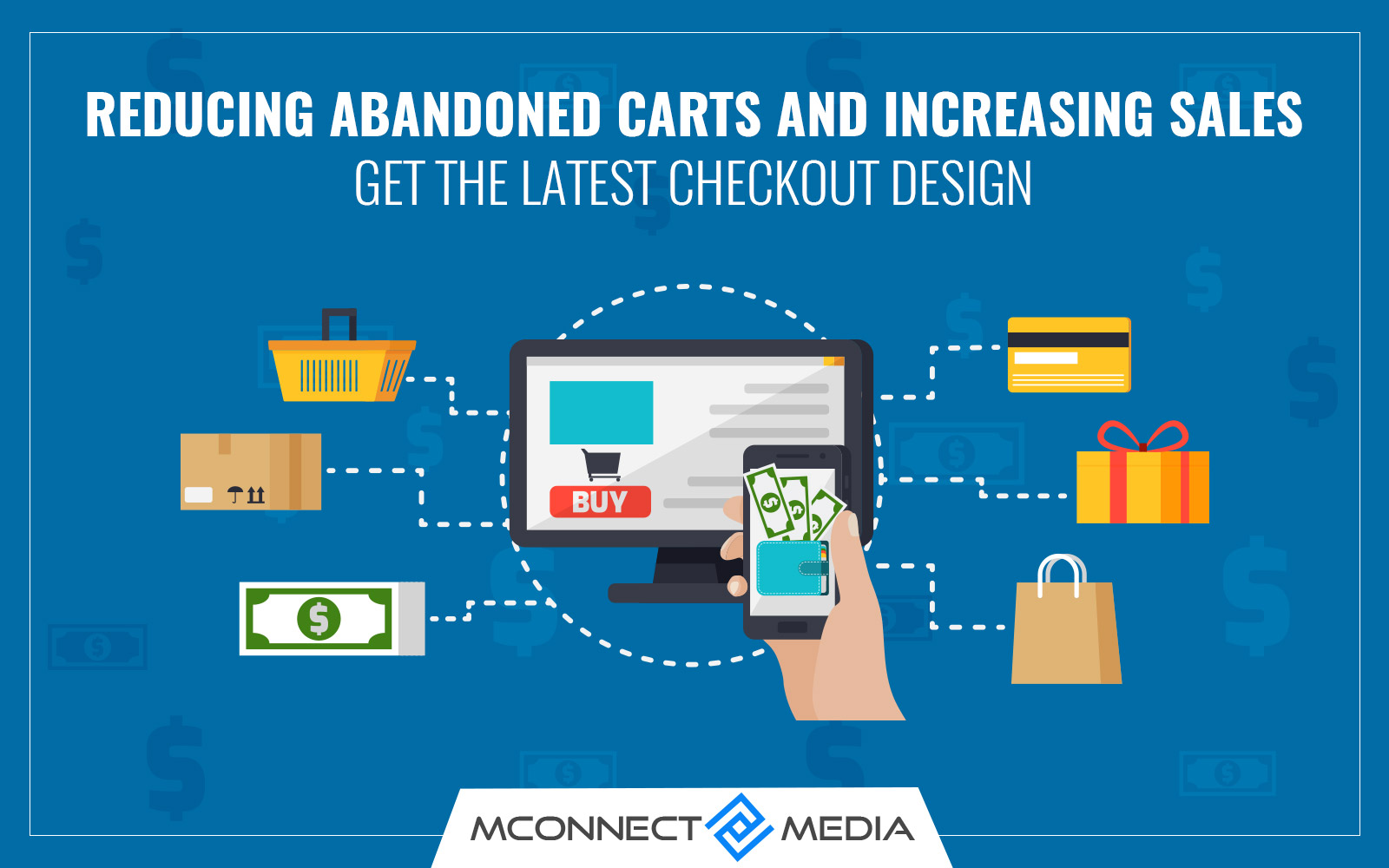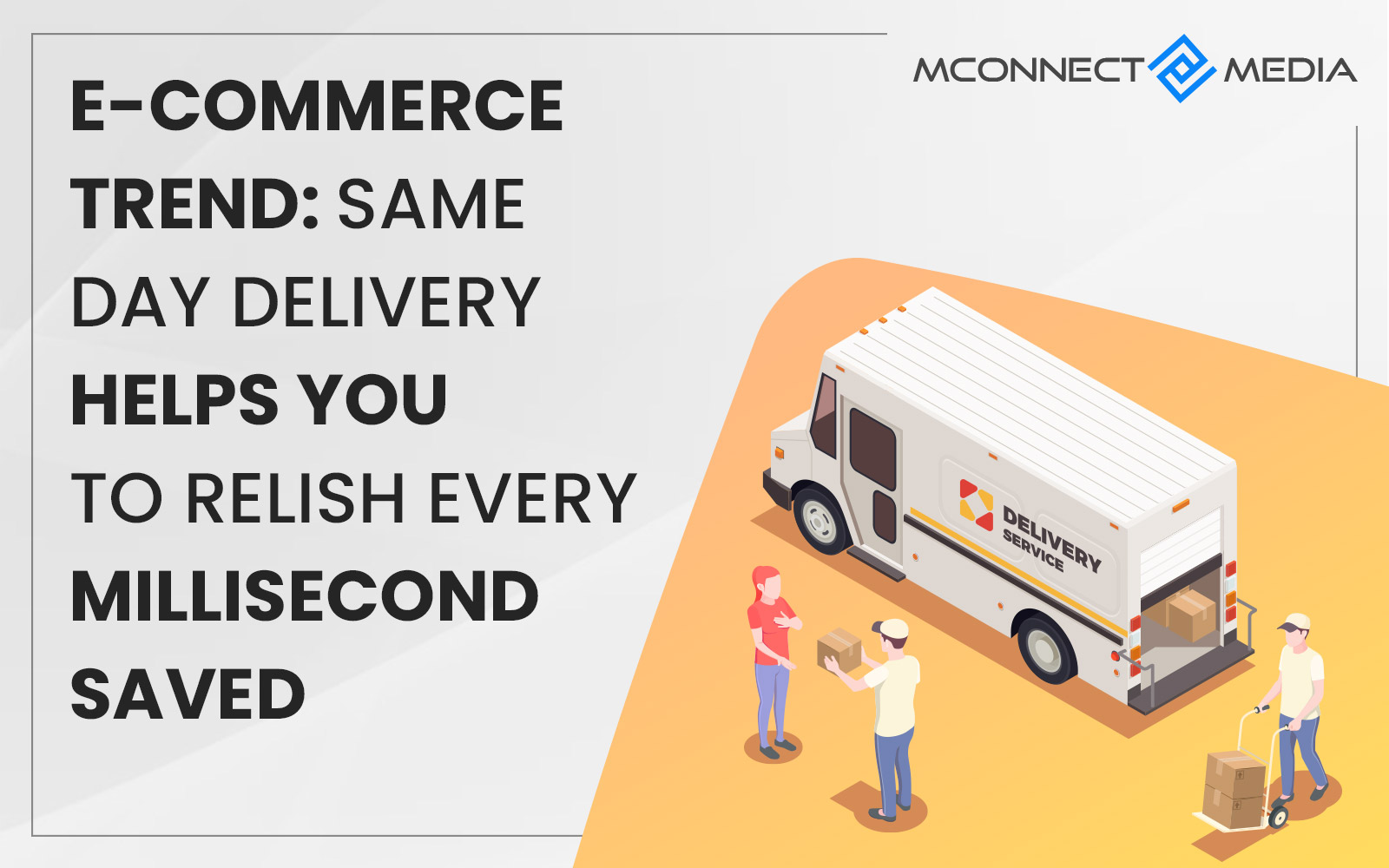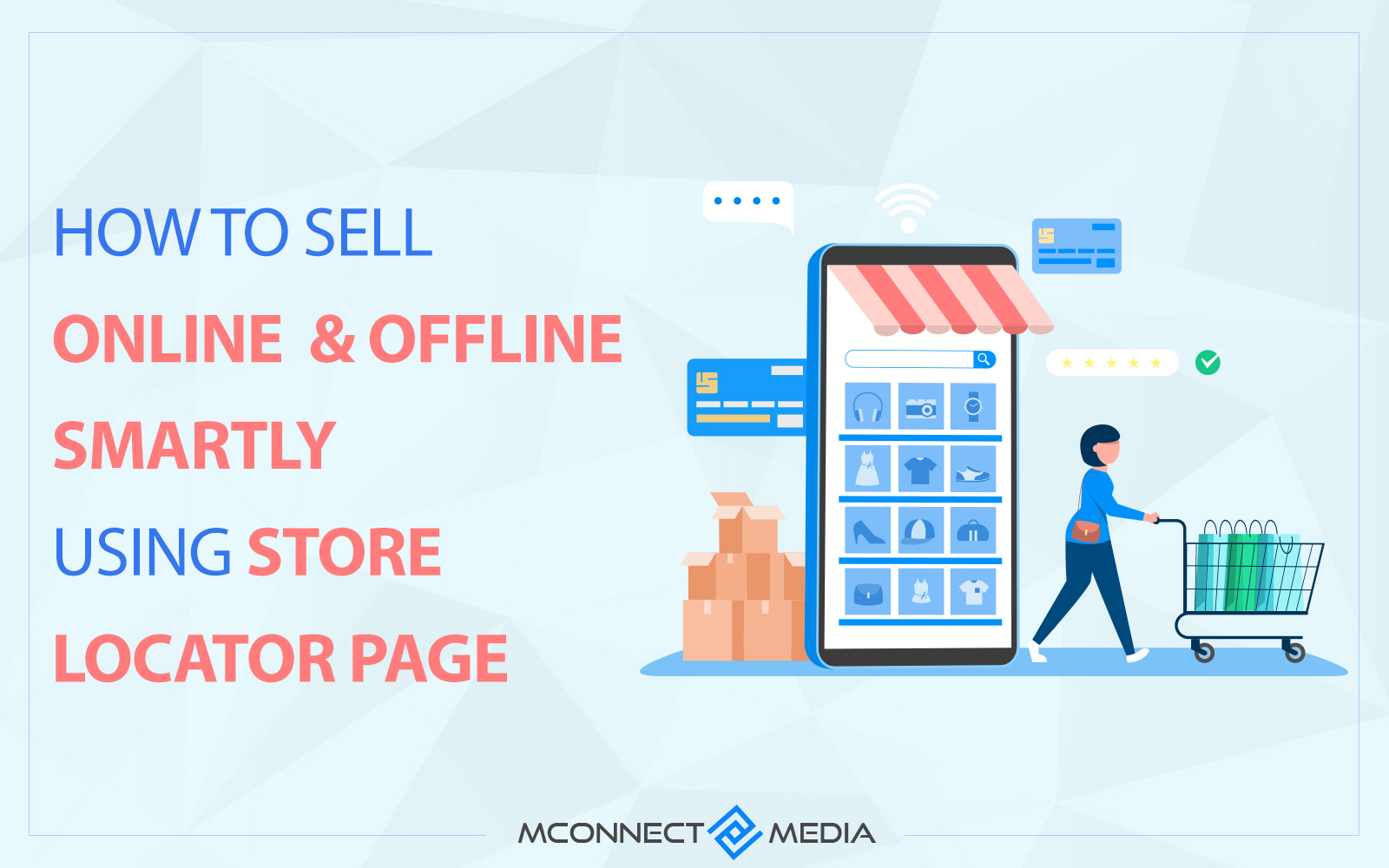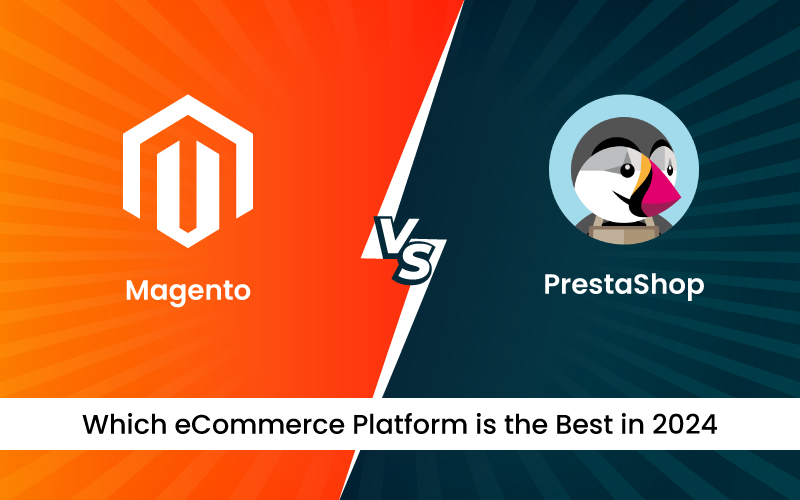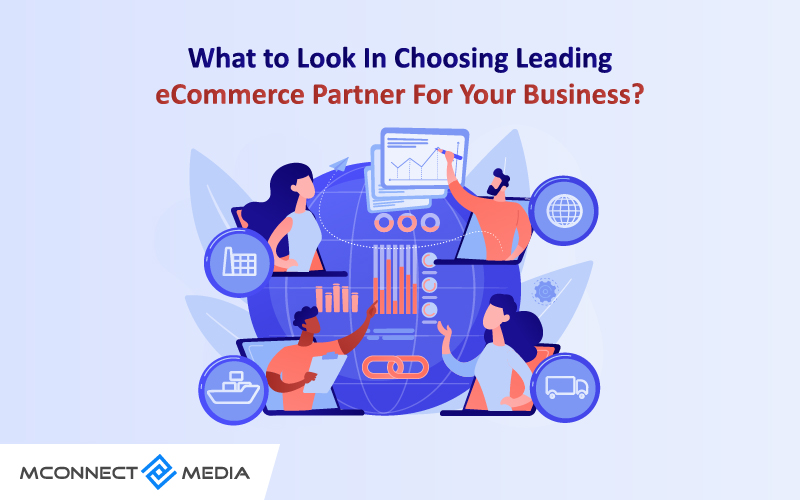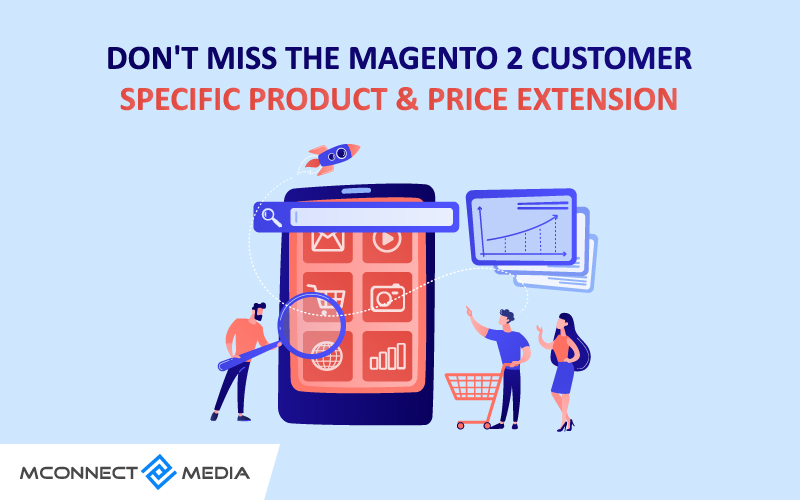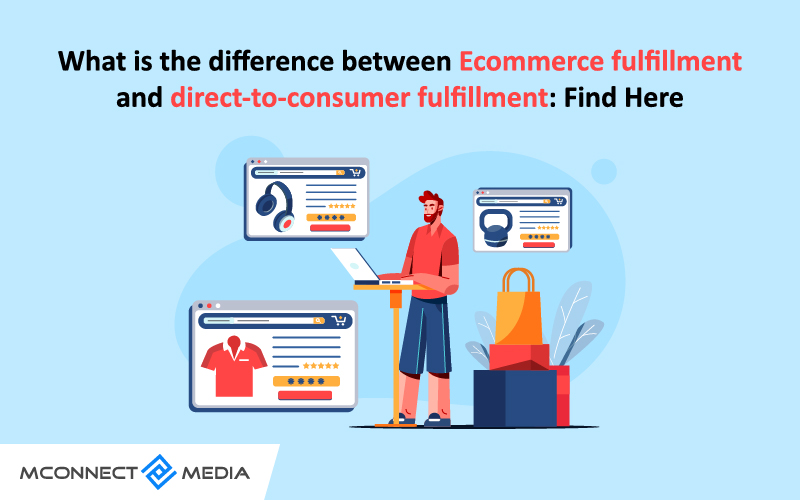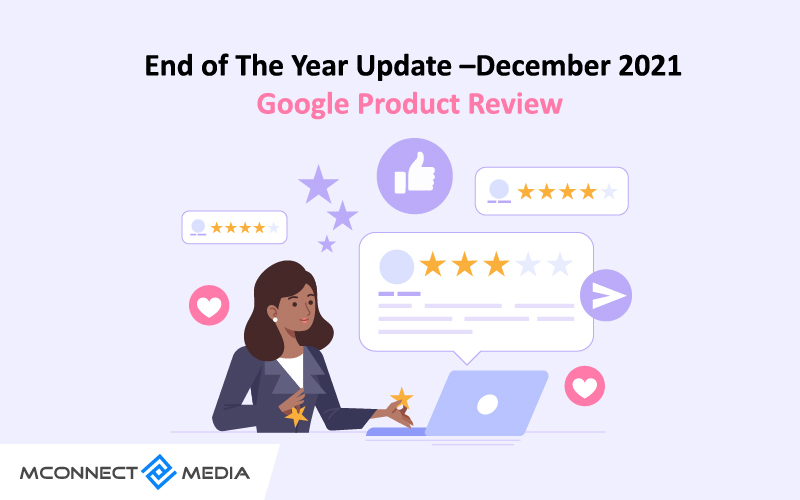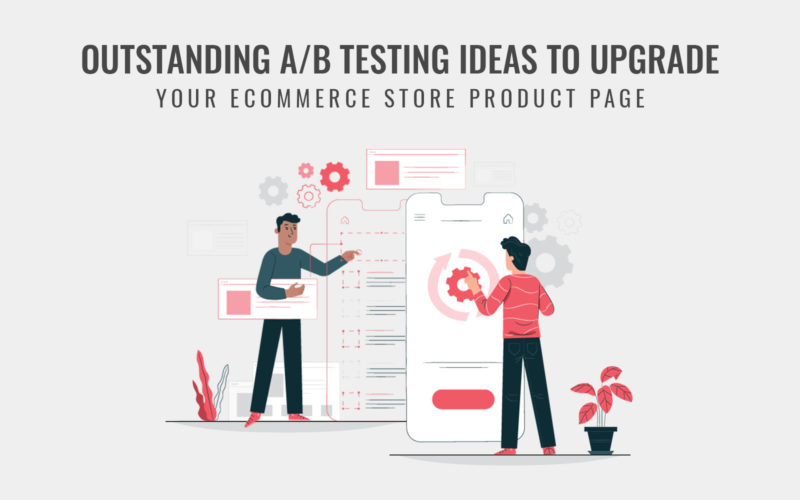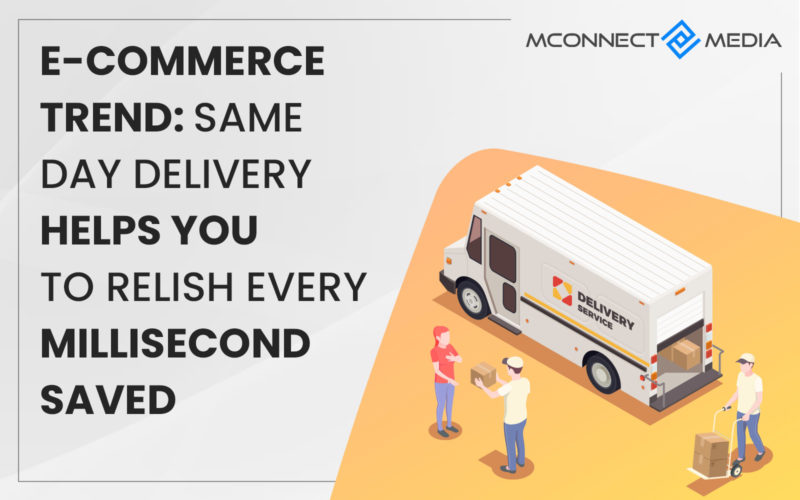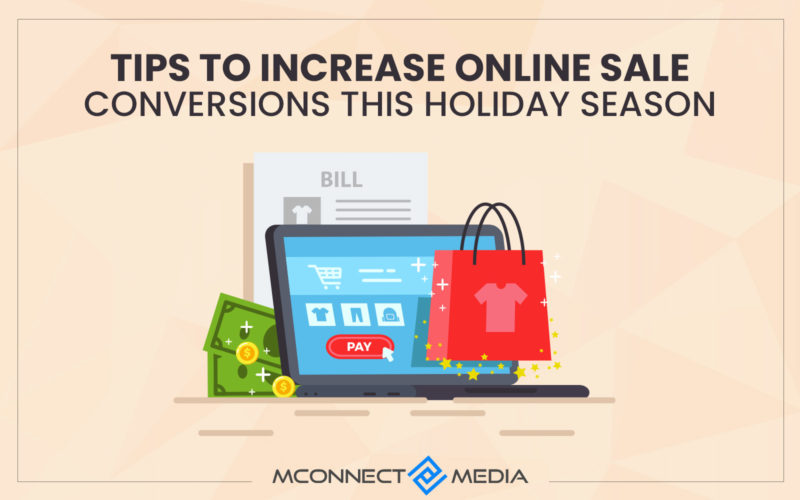Thanks to effective penetration of the Internet, eCommerce has reached every corner of the world and India is no exception to it. Ecommerce in India is bringing a wave of change for the Indian economy. It provides new-age entrepreneurs an opportunity to venture into a world of profits and grab a piece of the pie for themselves.
The successful players of the Indian market like Flipkart & Snapdeal have experienced the ushering potential of eCommerce. The last few years have been tremendous for the eCommerce growth in India thanks to the Digital India initiative by the Government. Number of other factors also played a key role in the digitization of the nation.
As per Statista, the Indian eCommerce Industry is around $80 billion in the year 2021 and is forecasted to generate $200 billion by 2027. This only indicates how commendable the eCommerce growth rate is in India. And if you want to become a part of this booming industry, here’s an eCommerce website success checklist.
Ecommerce Website Success Checklist for India
Thanks to the Internet & smartphones, eCommerce has successfully penetrated India with an active penetration rate of 74%. Cheap internet connections and affordability are working in the favor of small businesses to start their own ventures. Here’s a step-by-step procedure to do so:
1. Decide the Business Plan & Model for Your Business
The first step to starting any business, be it online or offline, is to come up with a business plan & model. Think long and hard about your business plan & the model on which your eCommerce business will be based. Treat eCommerce not as an industry but as a tactic that you have to master. Decide which model you want to adopt, single-vendor model or multi-vendor model.
In a single vendor, there are only two entities – a seller most likely you who is selling the products, and customers who are buying those products. In this model, it is easier to keep track of the inventory, transactions, & other things between these two entities. Also, the administrative costs are lower as you’ll have to pay one supplier only.
In the multi-vendor model, multiple vendors register on your website to sell their products to multiple customers. The biggest advantage of this model is the security it provides in terms of sale. Let’s suppose that one of your vendors is unavailable for whatever reasons, others may fill the shoes of that vendor and sell the same products. This helps you deal with the demand fluctuation & prevents a supply chain disruption.
The first model allows you to earn high profits and in the second model, you’ll earn commissions on each sale. So, decide the business plan and model for your eCommerce business that suits you the most.
2. Establish Your Brand
Once you have selected your business model, the products you want to sell, and the audience you want to target, the next thing to do is establish your brand. And for that, you need to come up with a brand name relevant to your product niche. The brand name should be short & easy to remember, reflects your brand perfectly, and must be unique & does not have any other meaning in any other language.
The next thing you want to do is finalize the logo design for your eCommerce store. The logo must be designed in a way that reflects your brand in good light. Next is forming a company depending on how you want to run it. Also, you’ll be required an Employer Identification Number to run an online business and open your business bank account for filing taxes.
3. Registering Your Ecommerce Business
Registering your business and completing all the legal formalities is the most critical step of starting an eCommerce business in India. The first thing you want to do is apply for Director’s Identification Number (DIN) with necessary documents like Permanent Account Number (PAN) & Digital Signature Certificate.
Next, apply to the Registrars of Companies after you receive DIN to see if the company name is available so you can register it. Once you have taken care of that, apply for a Goods & Services Tax certificate. Also, get a Shops & Establishment License for payment gateway integration & Professional Tax. This is how you register your eCommerce business in India.
4. Developing Your eCommerce Website
You can develop your website using a pre-built platform or develop it from scratch. Both options have their own advantages and drawbacks, but when it comes to building a new and fresh website, the latter option is more favored.
Pre-build platforms like Wix, Shopify & others come with readymade templates, themes, design elements, & other tools that make it easy for development. You can mold your website according to your wish. You can make it more colorful, have a lot of space for visual content, & do many other things.
The best advantage of building the website from scratch is that you can build it using a custom-made platform exactly the way you’d imagined. WooCommerce, Magento, and others are the most favored options for website development. If you don’t have the necessary technical expertise, then consider hiring a local eCommerce development agency to develop your website from scratch.
5. Payment Gateway Integration
After developing your eCommerce website, you need a payment gateway so you can receive payments from customers who want to purchase your items. The payment gateway will enable you to process different payment modes like credit/debit cards, net banking, UPI, eWallets & others that consumers may use on your website.
With the necessary documents in hand, you can get a payment gateway integrated with your eCommerce website. Also, make sure the gateway you choose can accept payments through multiple modes. Having multiple payment methods is beneficial for your business to boost sales and conversion rates.
6. Taking Care of Logistics & Shipping
What’s next after taking the orders & receiving payments? Logistics. It is one of the crucial steps to establish a successful eCommerce business in India. Shipping & fulfillment is a process of fulfilling the order once customers have placed it on your website. Also, it has to do with tracking the goods shipped to the customer in question even during the transit.
Find local distributor companies to partner, collaborate, or outsource the shipping & logistics part. Most eCommerce business owners outsource this aspect of their business to third-party companies. Figuring the logistics out is considered the most crucial because you must have an effective & fast way to keep track of the products delivered.
7. Marketing Plans to Attract Customers
Just by opening your eCommerce website, you can’t expect people to flood in. There are ways you can deploy to create traffic if you really want to succeed in your online venture. Optimizing your website for search engines is one way to go about attracting visitors to your website. SEO helps put your website on the radar of search engines like Google.
You can also go about using social platforms like Facebook, Instagram, Twitter, YouTube, and others to enhance your reach. Also, you can run paid ads, PPC ads, & SEM to further enhance your website’s digital presence and grab the attention of your customers.
Wrapping Up
Starting an eCommerce website in India and be successful in it isn’t that hard if you are willing to go all the way. But be cautious & brace yourself because it isn’t exactly going to be a cakewalk. There are going to be hurdles and some setbacks, but you must come out of it as a winner. This article is also helpful in providing you a checklist for starting a successful eCommerce website.
Want to develop an eCommerce website for the Indian market? M-Connect Media is a one-stop solution offering eCommerce website development services. We have certified developers with rich industry experience to provide you with impeccable eCommerce solutions. Contact us to discuss things further and kickstart your project with us.


